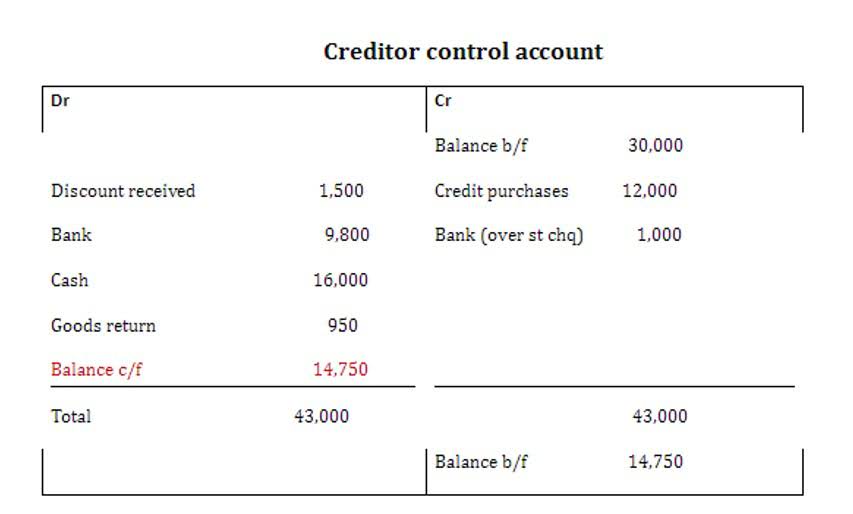
While these initial calculations tend to border on the optimistic side, make an effort to stay realistic with the numbers forecast. Remember that budgets are a work-in-progress, which require tweaking throughout the year, so it is better in the long run to submit sensible expectations. In this article, we’ll explore what departmental budgets are, how they can help your organization as a whole, and the best ways to create and oversee them. Once you’ve added all these figures, you can start to look at your total budgeted numbers. This will help you determine how much money each department needs if any at all. Once you’ve completed your template, you can share it with your company to get a general idea of how much money each department will receive for the year.

Departmental budgets: Everything you need to know

The https://www.bookstime.com/articles/taxpayer-bill-of-rights-understanding-your-rights-as-a-business-owner first step to creating a realistic budget is to review your past performance. Look at your income and expenses from the previous year or quarter, and analyze how they matched your expectations and targets. Identify any trends, patterns, or anomalies that affected your results, such as seasonal fluctuations, unexpected costs, or revenue spikes. This will help you understand your baseline situation and adjust your projections accordingly. When writing a department budget, it’s important to first identify the money coming in and out of your company.
- It may seem obvious, but the first step to creating a departmental budget is to identify each and every department that exists within your organization.
- You might also have an employee who quits and you cannot replace them, which is known as attrition.
- How do they align with the overall strategy and vision of your organization?
- Research and development teams can track the costs of developing new products.
- Once you have all the information needed, you can start to write a budget.
- It’s an easy way to keep track of how much money each department has left before they hit their predetermined spending limit for the year.
Department Budget Template: Complete Guide
- By implementing departmental budgets, companies can improve financial management, reduce risks, and make informed choices that drive growth and profitability.
- Preliminary figures should include expectations for the department’s immediate future.
- Track your actual income and expenses against your budget, and measure your progress toward your goals.
- Be realistic and conservative, and account for any potential risks or opportunities that may affect your income or expenses.
- Keeping up with business expenses across multiple department budgets can take a tremendous amount of time and energy.
Finally, subtract your outgoing cash sources from your incoming cash sources to find your remaining cash. Start off by determining each department’s budgeted https://edwardsnotaryservice.com/1-1-overview-of-equity-method-investments/ amount. Be sure to factor in the funds that each department will need to complete its tasks. Overall for the month of June, you were under budget by a respectable amount, which is a good thing.

How can you create a realistic budget for your department?

A budget is a plan for your money that helps you determine how much money is coming in and how much money is going out. Creating a budget will help you determine where your money is going and how you can adjust your spending habits to save more money each month. As a last step in preparing the final budget, consult with managers of other departments. Their input could have consequences for the budget for your department. Preparing the department budget becomes a straightforward task if the groundwork necessary to its completion is laid in advance.
- On the other hand you might be able to increase your previously budgeted staff if sales are better than expected.
- Then, add up all your outgoing cash sources, like salaries and supplies.
- Make the employees an essential factor of the budgeting progress.
- Finance acts as a middleman between department heads and upper-management when it comes to budgets.
- Their input could have consequences for the budget for your department.
Without an effective departmental budget, you risk understaffing, departmental budget missing key opportunities, or exceeding your allocated funds. This guide provides a step-by-step framework to help you master this essential skill. Week by week, the finance team needs to track those expense budgets, making sure actual expenses stay within expected limits and that actual revenue targets are being met. During the budget process, targets need to be set for everything from advertising expenses and operational costs to strategic goals for the upcoming budget period.

